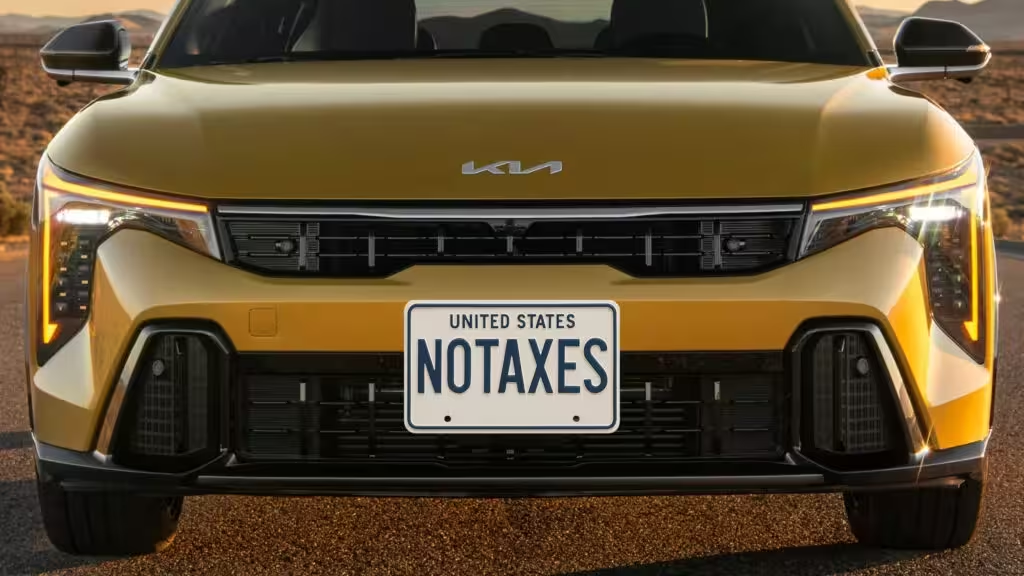4 Minutes
Citywide sweep targets unregistered cars and unpaid vehicle taxes
New Haven, Connecticut, has launched a focused enforcement campaign after discovering that hundreds of vehicles in the city were not properly registered and weren’t paying local vehicle taxes. Working with an outside analytics firm, city officials cross-checked tax records, license plate data, and addresses to identify cars likely being kept off the registration rolls. Investigators then canvassed neighborhoods, checking driveways and curbside parking for the vehicles on their lists.
How the enforcement program works
The third-party vendor analyzes municipal records and produces leads—addresses and license plates—so enforcement teams can visually confirm whether a vehicle is parked at a New Haven residence. If the team can demonstrate residency and the car isn’t registered locally, the city issues a tax bill for the unpaid vehicle excise and registration fees. Officials say the method has already identified more than 500 vehicles not paying required taxes; about 180 owners have acknowledged residency and agreed to settle, resulting in over $27,000 in collected revenue so far.
Pushback and legal disputes
Not everyone accepts the findings. Several drivers are contesting the assessments in court, arguing they do not live in New Haven and are therefore not subject to the city’s vehicle tax. City leaders maintain they have no desire to tax nonresidents but insist they will pursue those who legitimately owe vehicle excise and registration fees that fund local services.
Why it matters to drivers and communities
Local vehicle taxes and registration revenue pay for municipal services such as road maintenance, school funding, police patrols, and public works. New Haven’s mayor has emphasized that collecting these fees ensures the city can maintain infrastructure drivers depend on every day—from paved streets to safety patrols.

Vehicle types, specifications, and why they matter for taxes
The sweep covers a wide variety of vehicle classes—sedans, SUVs, pickups, luxury cars, and even electric vehicles (EVs). Vehicle excise and registration fees often depend on factors such as model year, curb weight, and taxable value. For example, heavier SUVs and pickup trucks can carry higher registration or inspection requirements, while newer or high-value luxury cars and performance models may trigger larger excise calculations. Even EVs and hybrids must be registered and may be subject to special local or state fees tied to vehicle specifications and fuel type.
Design, performance and market positioning — context for car owners
From compact hatchbacks to full-size SUVs, vehicle design and performance influence market value and, in some jurisdictions, taxable assessment. A performance sedan with a high-powered engine or a luxury SUV with premium trim is often valued higher on paper than a base-model commuter car, which can affect annual excise taxes. Buyers and owners should be aware that vehicle value, model year, and aftermarket modifications can all play a role in registration costs.
Comparisons and practical advice for owners
Compared to other cities, New Haven’s approach combines data analytics and traditional field verification—similar to enforcement strategies used in municipalities looking to protect their tax base. Owners should maintain current registration and up-to-date insurance and should keep proof of residency and registration documents accessible. If you recently moved, sell a car, or store a vehicle out of state, document those facts to avoid disputes.
Bottom line for car enthusiasts and everyday drivers
Dodging vehicle registration and excise taxes is increasingly risky. With data-driven enforcement, cities can match plates and addresses quickly and send assessments to owners who owe back taxes. For drivers, the best strategy is straightforward: keep vehicle registration, VIN records, insurance, and inspection paperwork current to avoid fines, legal fights, and unexpected bills.
Source: carscoops


Leave a Comment